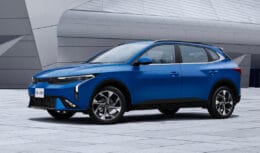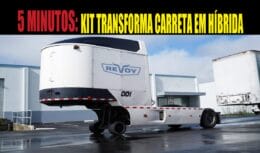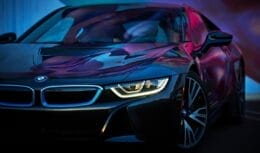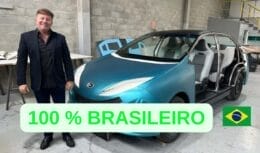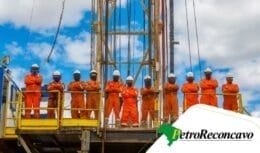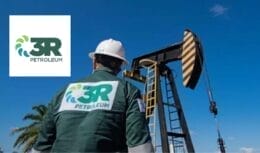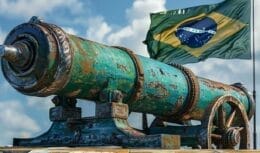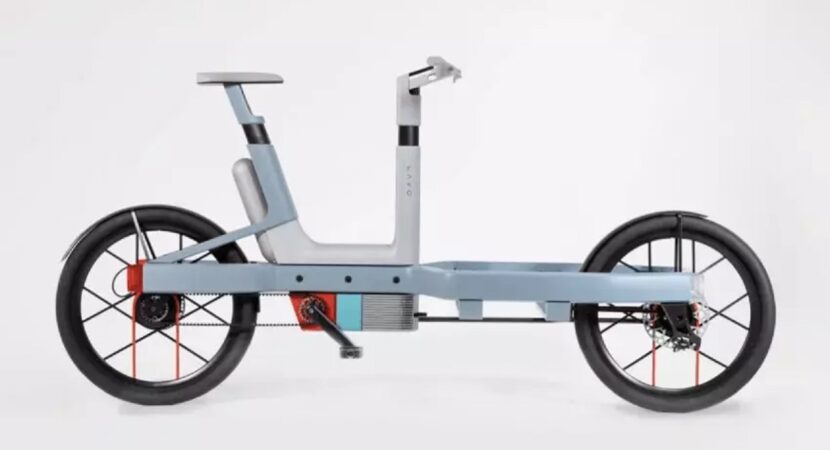
Dutch design office Studio MOM teamed up with hydrogen fuel cell pioneer LAVO to develop an electric bicycle that can transport heavy loads over long distances using just 2 liters of water, the world's first hydrogen-powered bicycle.
Dutch design office StudioMom has developed the LAVO bicycle, a compact modular hydrogen transport concept. Commissioned by the Providence Asset Group and in collaboration with the University of New South Wales Sydney, Elian Steering and Hyperkid, the bike's design incorporates Australian-developed hydrogen storage technology, the LAVO System. StudioMom has been designing bicycles, e-bikes and other sustainable means of transport for several brands including Gazelle and Cortina. The company has now designed the LAVO bicycle for Providence Asset Group, an investment firm, financing and managing various assets in generation, storage and renewable energy technology.
Read other related news
- New catalytic converter capable of extracting hydrogen more efficiently could accelerate the arrival of hydrogen cars in the global auto industry
- Prototype of the first car made of niobium and powered by hydrogen will be launched in 2023 for the Extreme H championship
- The US is on the verge of developing the first high-efficiency hydrogen-steam engine for commercial aviation
- Renault will reveal its newest hydrogen-powered car next month and promises to surprise the automotive industry
- Yamaha and Toyota launch the world's first eight-cylinder "V" engine powered entirely by hydrogen
Hydrogen bike can travel 300 km with just 2 liters of water
“Hydrogen technology is the promise of emission-free energy and makes it possible to carry three times more energy per unit weight compared to a state-of-the-art battery,” explained StudioMom at the launch of the bike's design concept.
“A greater range, greater speed or greater payload is therefore easy to achieve. Small-scale transport in combination with hydrogen is finally solving the short-range problem. As a result, the cargo bike can increasingly serve as an alternative to cars for hauling loads over greater distances.”
The LAVO bike was designed as a toolbox for emission-free mobility. It is adaptable to different applications for small business use; from city bike to cargo bike. The exclusive Elian steering front hub guarantees excellent performance, rigidity and driving comfort.
strong competitive advantage
The hydrogen-powered bicycle features the world's first and only commercial-ready hydrogen energy storage system designed for everyday use in homes and businesses, called the LAVO System. Developed by leading researchers at the University of New South Wales, LAVO's technology aims to provide a more complete, versatile and sustainable solution than other energy storage solutions currently on the market.
“LAVO's technology has three times the storage capacity and more than two times the lifetime compared to market alternatives, offering a unique value proposition and strong competitive advantage,” said the Australians.
LAVO's patented metal hydride absorbs hydrogen into a metal alloy to allow safe, long-term storage within a secure container. Designed to be portable and versatile, LAVO's technology is being developed for use in a variety of everyday applications.
In addition to the introduction of the hydrogen-powered bicycle incorporating the Lavo System, the company is developing a range of lifestyle technology products, including a hydrogen-powered barbecue. The LAVO system is expected to be ready for installation in mid-2021 and will employ Nedstack PEM fuel cells as a critical component.
Previously: Yamaha and Toyota Unveil World's First All-Hydrogen V-Eight Engine
Upon request made by Toyota, Yamaha developed a V8 engine (eight cylinders, "V" shaped) with a capacity of 5.0 liters, intended for cars powered by hydrogen. This new project is related to a new alliance formed between Toyota, Yamaha and other Japanese companies in the automotive sector, which aims to expand fuel options for combustion engines, proving that electrifying vehicles is not the only sustainable solution for the mobility of the future.
According to the president of Yamaha Motor, Yoshihiro Hidaka, the Japanese manufacturer has been working to achieve carbon neutrality by the year 2050. Hidaka highlighted that the word 'Engine' is in the company's name precisely because of the strong passion and level of commitment to the internal combustion engine.

